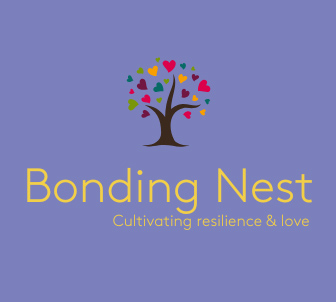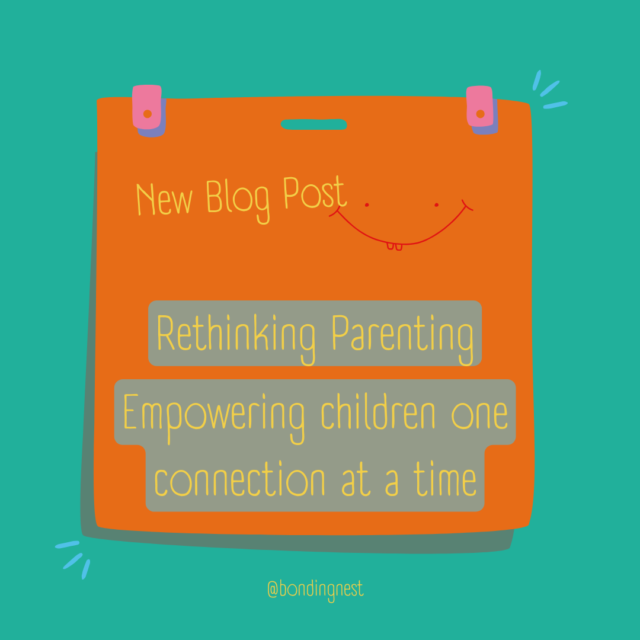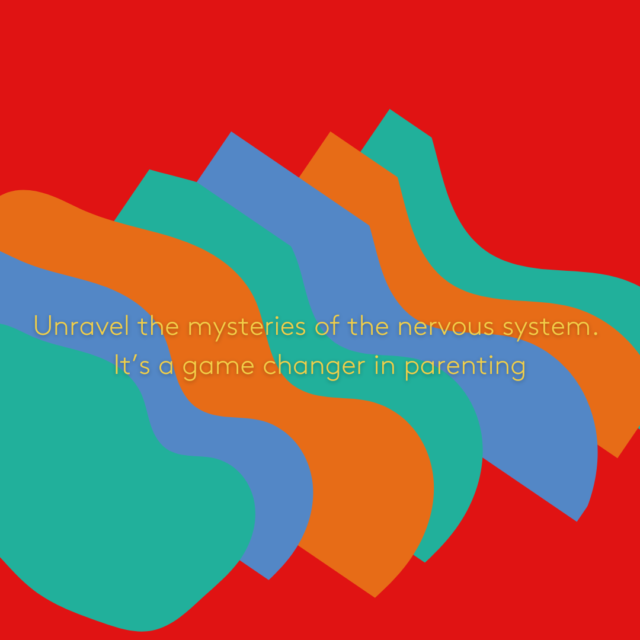For generations, parenting has often been rooted in authority and correction, a model that emphasizes control over connection. But as we navigate the complexities of today’s world, raising emotionally intelligent, resilient children demands a shift in our perspective. It’s time to see children not as passive recipients of our direction but as powerful individuals with their own perspectives, emotions, and insights.
The neuroscience behind connection
Why does this shift matter on a neurological level? Research shows that a child’s brain is wired for connection. When a child feels safe, understood, and respected, their brain releases oxytocin, the “bonding hormone,” which enhances feelings of trust and security. This neurochemical foundation supports the development of a strong prefrontal cortex—the area of the brain responsible for impulse control, empathy, and emotional regulation.
In contrast, environments rooted in strict authority or correction often activate the amygdala, the brain’s “fear center.” When this happens, children are more likely to feel defensive or anxious rather than calm and receptive, impacting their ability to learn, connect, and grow. By recognizing the powerful link between emotional security and brain development, we can understand why an empathy-first approach to parenting is essential for nurturing resilient, well-adjusted children.
Practical steps to make this shift
How can we start implementing this shift toward connection-based parenting? It begins with small, everyday choices:
- Listen first, correct later: Instead of responding to a child’s mistakes with immediate correction, try asking open-ended questions like, “What do you think happened here?” This encourages children to reflect and fosters a sense of personal responsibility.
- Validate emotions: When children express strong emotions, like frustration or sadness, let them know you’re there to listen. Phrases like, “I see that you’re really upset,” help children feel understood, reducing their stress response and supporting emotional regulation.
- Foster curiosity over instruction: Shifting from giving instructions to asking questions encourages children’s insights. For example, rather than saying, “Be careful on the stairs,” try asking, “What do you notice about the steps?” This approach cultivates awareness and allows children to practice safe behavior independently.
Elevating our role as parents
By embracing this understanding, we elevate our role as parents from being managers to empathetic guides.
This is the core of the approach explored in my upcoming book which will soon be announced.
The book delves into how understanding a child’s nervous system, brain development, and unique perspective can transform our relationships with them. Evidence-based insights, practical strategies, and heartfelt stories reveal how we can move from control-based parenting to a more empowering, connection-centered approach.
At Bonding Nest, I help parents and all adults who engage with children embrace these approaches. The aim is to create environments where children feel valued, seen, and empowered—and where adults feel more connected, confident, and joyful in their roles.
IMAGINE THE IMPACT
Imagine a world where every child feels understood rather than corrected, heard rather than managed. The benefits are profound: children who are confident, empathetic, and equipped with a sense of inner security that will support them throughout their lives. This shift is about more than changing the way we parent—it’s about creating a brighter, more compassionate future for all of us.
Stay tuned for more insights from Bonding Nest as we explore this transformative journey together, one connection at a time!







